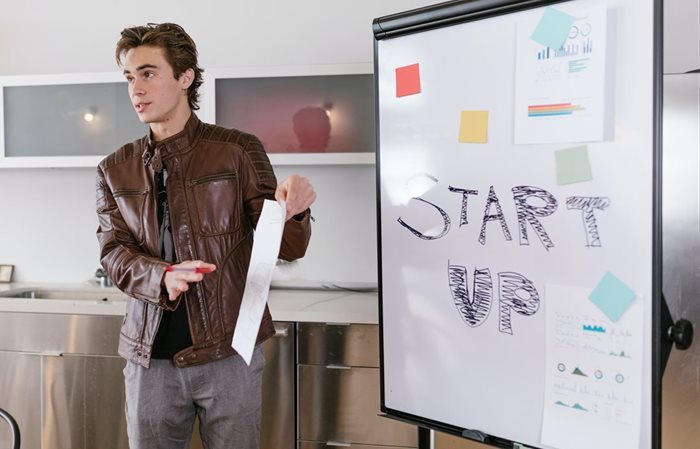Ten startups from across Africa have been selected for the 2022 Telecel Group Africa Startup Initiative Programme (ASIP) Accelerator Programme, powered by tech accelerator Startupbootcamp (SBC) AfriTech, an African based and lead multi-corporate-backed tech accelerator that specialises in unlocking and growing Pan-African tech opportunities.
The announcement was made following a rigorous two-day selection process held in Dakar, Senegal from 9 to 10 March, with 20 semi-finalists pitching to judges and stakeholders. In total, 2,295 applications were received from 58 countries.
The current cohort was selected based on the impact of their proposed solution, scalability, vision and whether they had the necessary skills to succeed in their markets, quality of leadership, commitment, market timing, growth potential and comparative advantage.
Participants will receive an intensive three-month coaching and support programme to accelerate their growth and benefits worth US$750 000. The programme will take place in Dakar, Senegal and startups will be hosted by DER/FJ at the D-hub, - a space commissioned by the General Delegation for the Rapid Entrepreneurship of Women and Youth (DER/FJ) and established by the President of the Republic of Senegal, Macky Sall.
The ten startups in the 2022 ASIP Accelerator Programme are:
- Agrodata (Nigeria) has invented an IoT-enabled smart hive to assist fruit and vegetable farmers with pollination requirements to support year-round food availability. They were selected in the 2021 cohort but will be completing the programme this year.
- Crowdyvest (Nigeria) is an impact-driven fintech platform that creates financial solutions for long-term growth and financial freedom. Crowdyvest has over 140,000 user accounts, with over US$30m raised for projects and 30 impact projects supported.
- eCampus (Ghana) provides a machine learning platform for parents and educators to track the progress of learners, meet their needs and improve learning outcomes.
- Ecomak Recyclers (Uganda) is reusing plastic waste as long-lasting, eco-friendly, durable and low maintenance construction material. Their plastic bricks and poles are 30% cheaper than conventional concrete bricks and wood timber.
- Neural Labs Africa (Kenya) is using AI-enabled medical imaging (NeuralSight) for real-time diagnosis. NeuralSight can identify, label and highlight over 20 respiratory, heart and breast diseases and pathologies, including pneumonia, tuberculosis, Covid-19, emphysema and more.
- Parc Smart (Senegal) helps drivers find and reserve a parking space using their smartphone before they reach their destination, reducing traffic, pollution and stress.
- Powerstove Energy (Nigeria) has developed an IoT-enabled smokeless stove that reduces fuel costs and greenhouse gas emissions. The stove generates enough electricity to charge mobile phones and power LED lamps and appliances. The IoT system tracks and sends carbon data so that carbon credits can be generated.
- Proxalys SAS (Senegal) connects fresh food producers with retailers, restaurants and service providers to build a robust e-commerce supply chain.
- Qataloog (Nigeria) offers transparent, cost-effective pricing directly to institutions using cataloguing algorithms for learning content and user search preferences. It has distributed over 10 000 books to 35 universities and colleges and has raised US$150,000 in funding.
- Rural Farmers Hub (Nigeria) offers a crop intelligence solution for farmers to manage crop health and soil nutrients with real-time farming advice delivered by SMS, voice, apps and in-person. Their intelligence solution, Capture, is being used by over 16,000 farmers in northern Nigeria.
- Vooli Mobile Insurance App (Kenya) evaluates insurance premiums to create the most cost-effective covers.
Eleanor Azar, executive deputy of the board of directors at Telecel Group and board director of African Startup Initiative Programme, commented: “At Telecel, we believe technology is a catalyst for change and solutions and that’s why we incentivise and support innovative startups with the tools they need to reach the next level. With this program, we are investing in our future leaders.
“African entrepreneurs are best placed to help the world tackle pressing challenges such as climate change, inequality, food security and healthcare because they come from communities who are directly affected by these issues.”




























